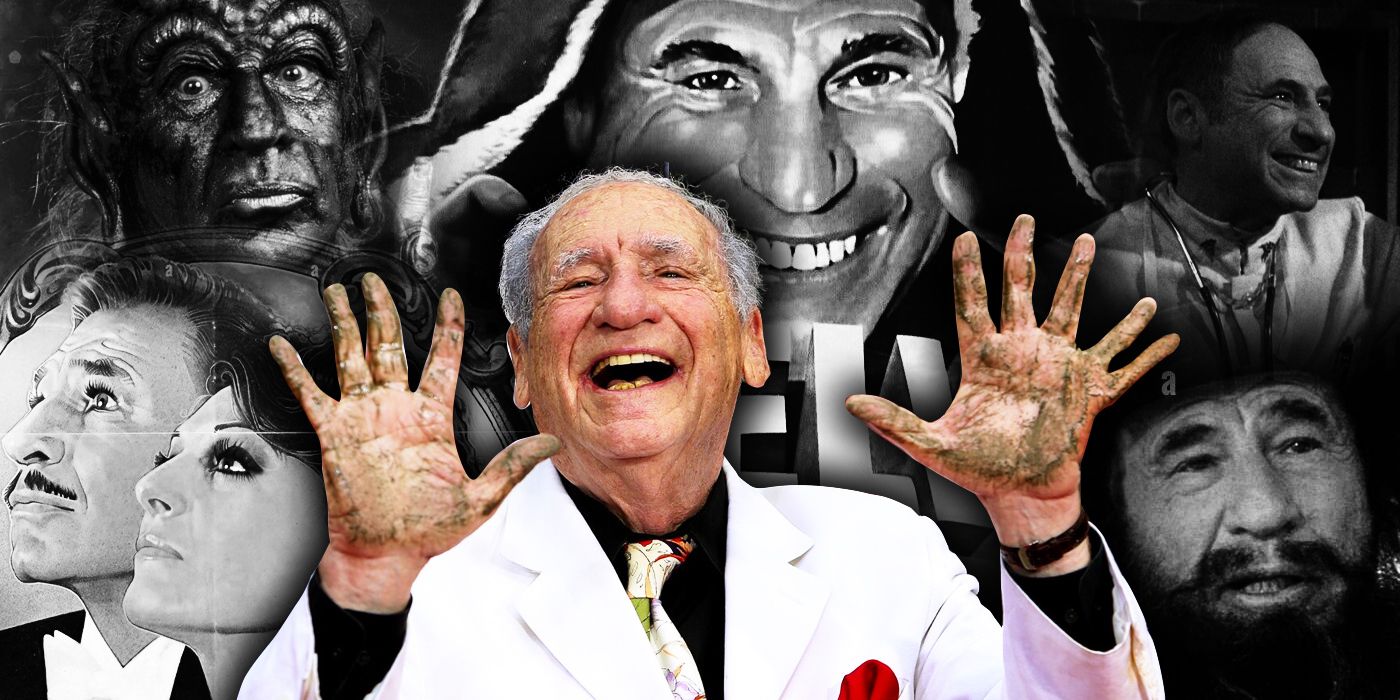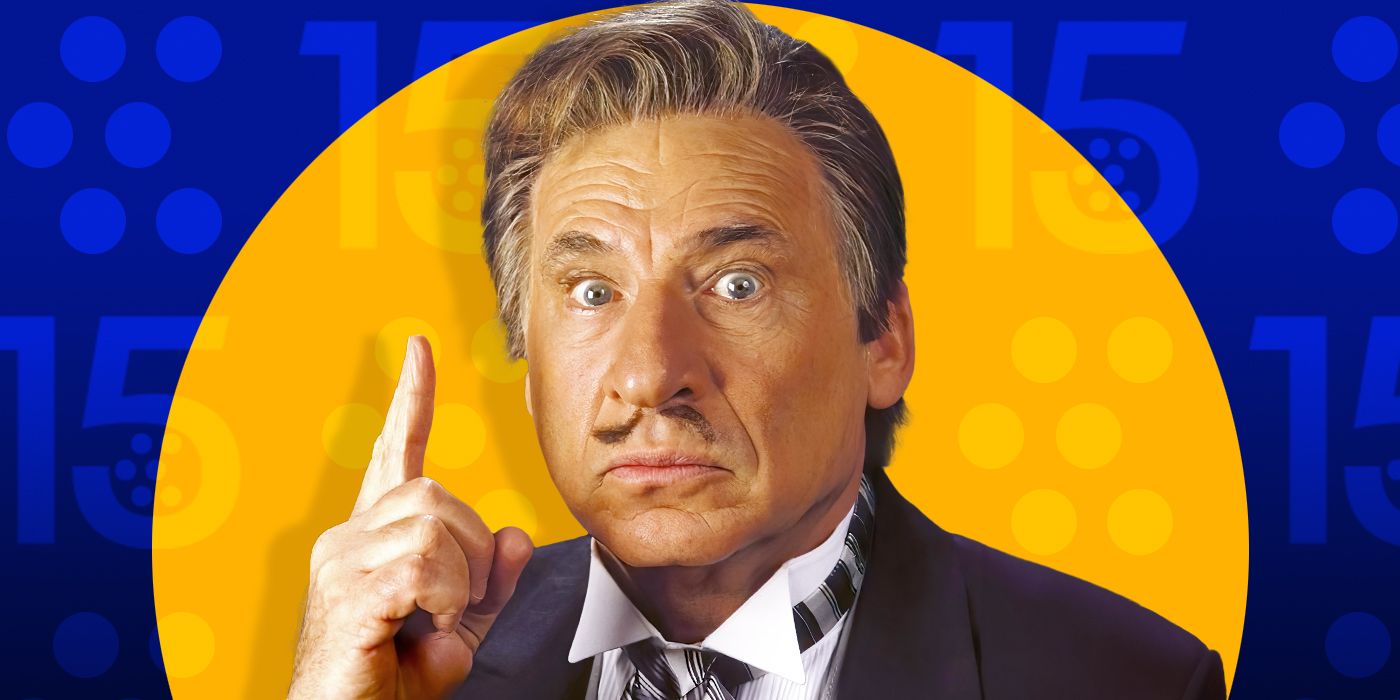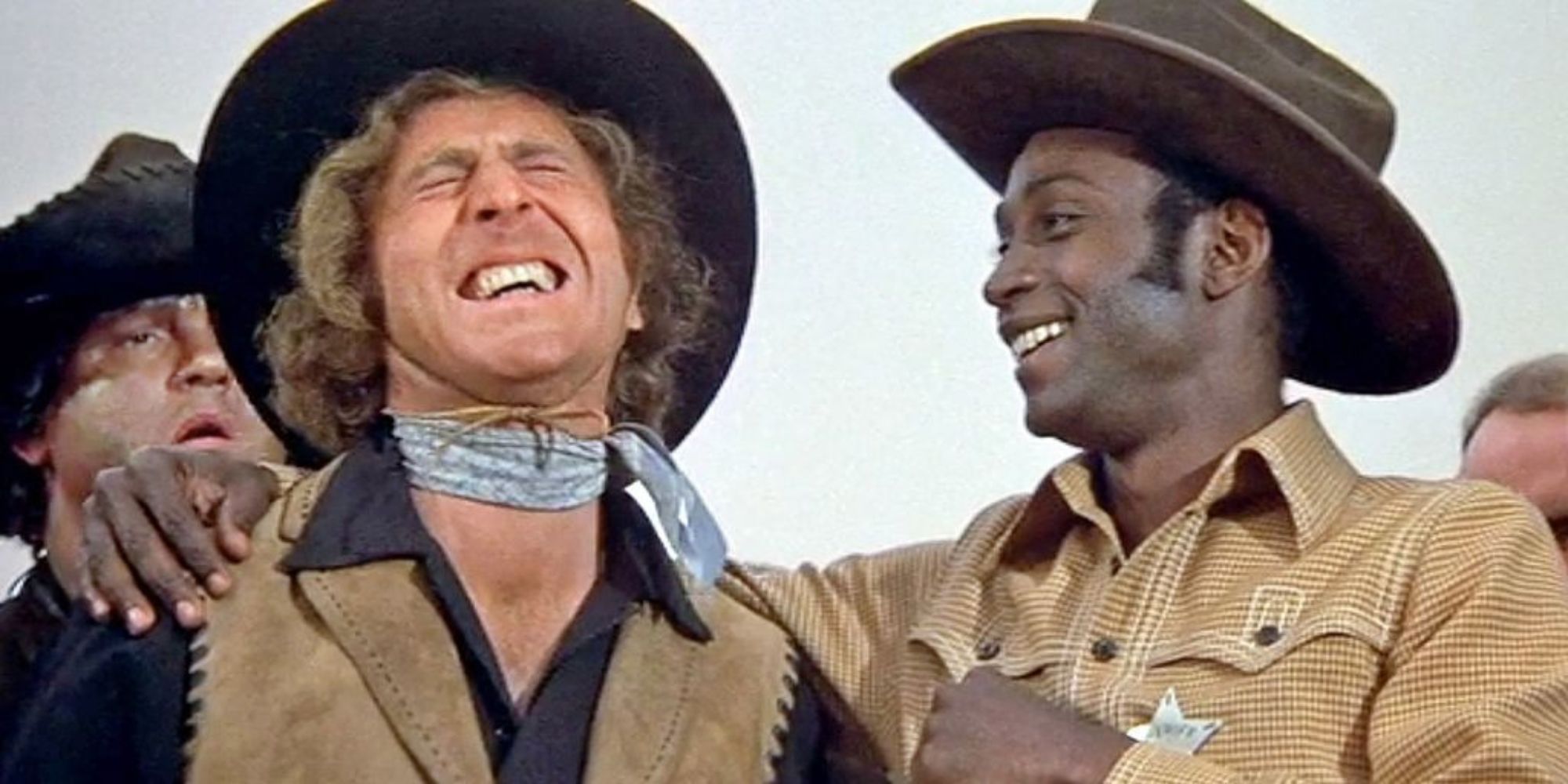The Big Picture
- Collider's Steve Weintraub interviews filmmaker and EGOT winner Mel Brooks ahead of the TCM Film Festival.
- Brooks discusses the early days of his career in the industry, getting his first film made, and the studio reactions to his works like the Western satire, Blazing Saddles.
- In honor of Brooks presenting Spaceballs at the TCM Film Festival, the director shares why he wanted to tackle sci-fi and how he feels about the reaction to the movie today.
This year's 15th annual TCM Film Festival will celebrate EGOT winner Mel Brooks, specifically highlighting his trailblazing parody, Spaceballs. The writer, director, producer, actor, and playwright is set to close out the festival by presenting the film himself, and in honor of the occasion, Collider's Steve Weintraub had an opportunity to interview Brooks about his career and how the industry in Hollywood has changed over the decades.
When Spaceballs was first released in the summer of 1987, it had been six years since Brooks' last film, History of the World: Part I. The Star Wars parody was met with mixed reviews, but the movie, with its ensemble cast starring Brooks himself, John Candy (The Blues Brothers), Rick Moranis (Ghostbusters), a then-unknown Bill Pullman (Independence Day), and a galaxy of gags, would go on to become a cult hit. Already Brooks had shaken up cinema with comedies like Blazing Saddles (1974) and Young Frankenstein (1974), taking the bread and butter of Hollywood and flipping the scripts. There's no shortage of appreciation for the influence Brooks has had on moviemakers and goers alike, and this year Turner Classic Movies will commemorate that with his absurd sci-fi satire, Spaceballs.
During this conversation, which you can read below, Brooks discusses what it was like behind-the-scenes to get his first-ever film, The Producers (1967), to the big screen, and the fearlessness he had when approaching screenplays and the director's chair. He shares his own experience working with studio executives throughout the '60s and '70s, tackling tricky subjects like "Hitler and the Third Reich," and how he feels sharing Spaceballs with a rapt audience so many years later.

Spaceballs
A star-pilot for hire and his trusty sidekick must come to the rescue of a princess and save Planet Druidia from the clutches of the evil Spaceballs.
- Release Date
- June 24, 1987
- Director
- Mel Brooks
- Cast
- Mel Brooks , John Candy , Rick Moranis , Bill Pullman , Daphne Zuniga , Dick Van Patten
- Runtime
- 96
- Main Genre
- Adventure
- Writers
- Mel Brooks , Thomas Meehan , Ronny Graham
- Tagline
- May the schwartz be with you.
COLLIDER: You’ve done so many amazing things in your career, but there are people who have never seen anything you’ve done. If someone has never seen anything, what’s the first thing you want them watching and why?
MEL BROOKS: I think maybe The Producers, my first movie, is the best way to start. It shows that I have never been afraid to tackle difficult subjects with humor — including Hitler and the Third Reich.

What a Farce! Every Mel Brooks Movie, Ranked from Worst to Best
It's good to be the king of the parody film.'Blazing Saddles' Could Have Been a Very Different Movie
"Too many of the scenes were in questionable taste."
Back when you made The Producers or Blazing Saddles, did studios do test screenings the way they do them now? What was it like back then negotiating with the studio, and did it get easier for you as people started loving your work?
BROOKS: Blazing Saddles was the most difficult movie to get through the Warner Bros. test screening process. The studio heads felt that too many of the scenes were in questionable taste. After a test screening, one of the executives suggested so many cuts that if I had listened to him, I would have ended up with a ten-minute movie! But after the huge success of Blazing Saddles at the box office, studio chiefs were more willing to go along with my “questionable taste.”
You’re one of only 19 people to win an EGOT. Does one of the awards mean more to you than the others?
BROOKS: I can’t give you a good answer because I don’t want to hurt any of the award’s feelings. The Tony was just as important as the Oscar, and the Emmy just as important as the Grammy. In the end, they were all great because it’s just always nicer to win than to lose.
A lot of people don’t realize The Producers was not an easy film to make and no one wanted to release it. Then it went to find an audience, and you won an Oscar for Best Screenplay, beating Stanley Kubrick. Can you talk about the time period and trying to make the film and getting it seen?
BROOKS: My first movie was definitely the most difficult to find a studio who would make it. When I changed the title of my screenplay from “Springtime for Hitler” to “The Producers," it got a little easier.
Why Mel Brooks Wanted to Put a Comic Spin on the Cosmos
What made you want to make Spaceballs?
BROOKS: To begin with, Star Wars was such a big hit, and I realized that it was a genre that I had not satirized yet. When I got into it, there was just so much in sci-fi space movies that was grist for my mill. I thoroughly enjoyed giving it a comic spin.
Spaceballs is part of the TCM Classic Film Festival. What does it mean to you to have this movie considered a classic that people still want to watch in a movie theater?
BROOKS: Frankly, I’m thrilled. Nothing compares to watching a movie that you are proud of on a big screen and have it still get so many big laughs from a packed theater this many years later.
Spaceballs is available to stream on Max.


